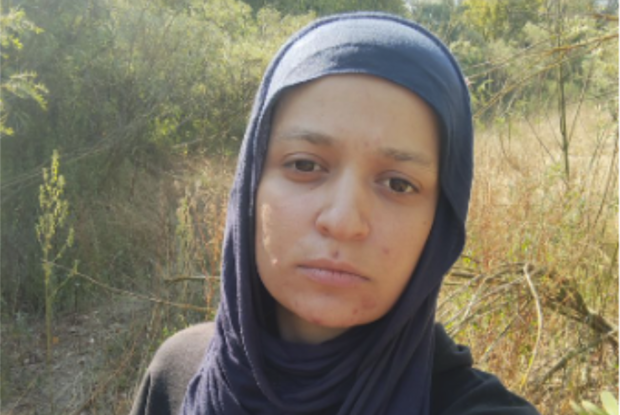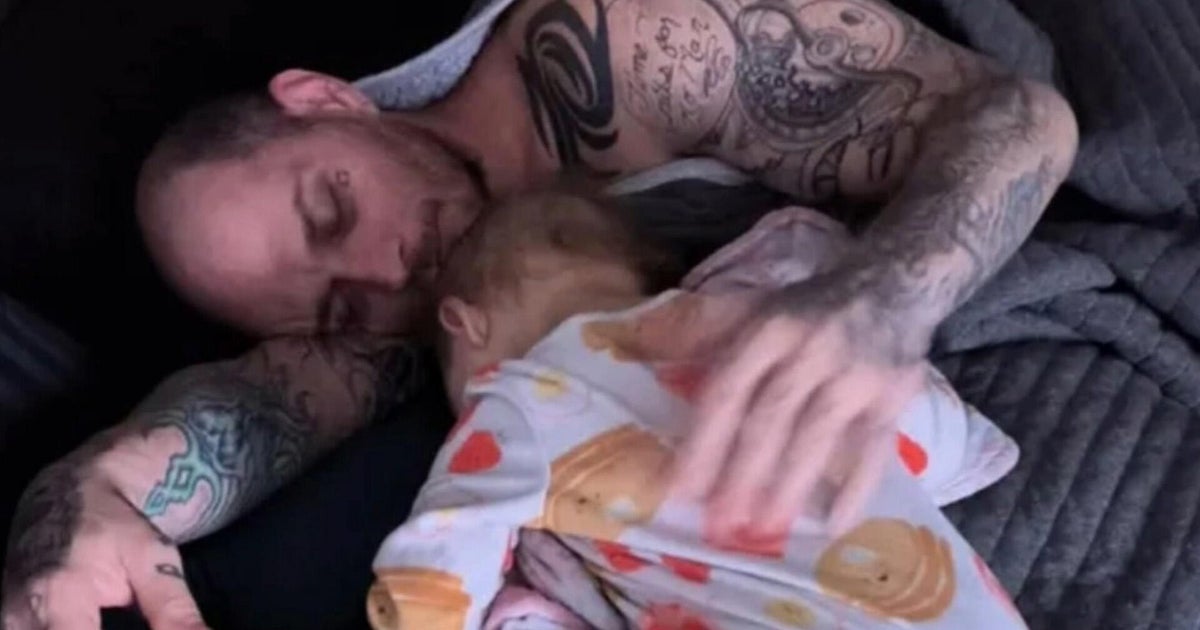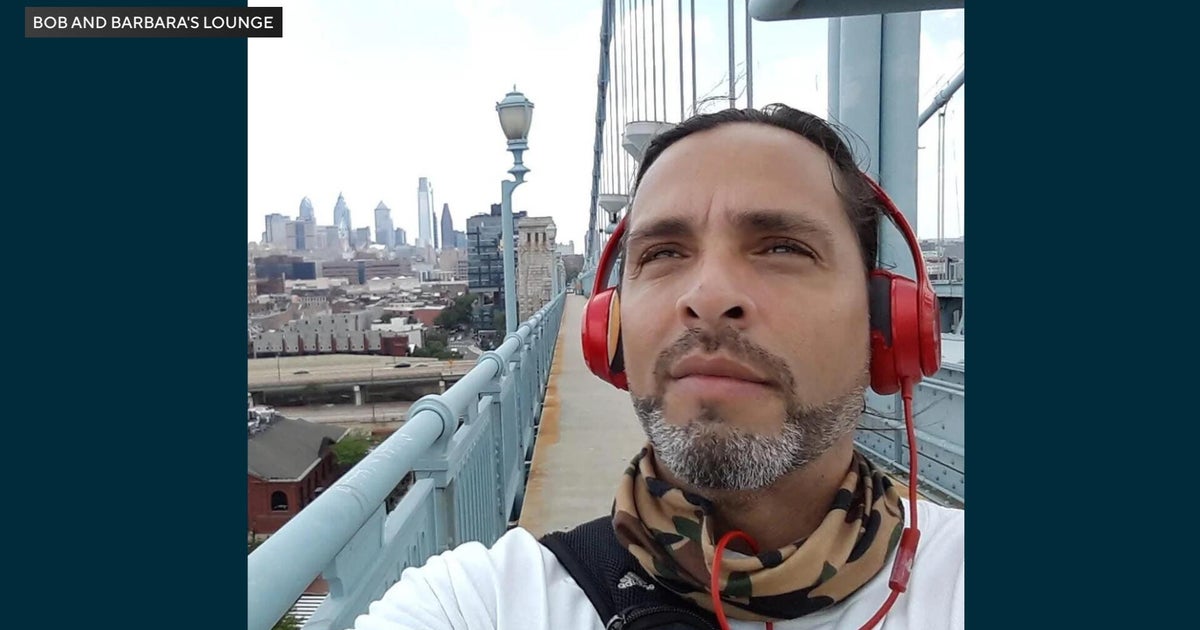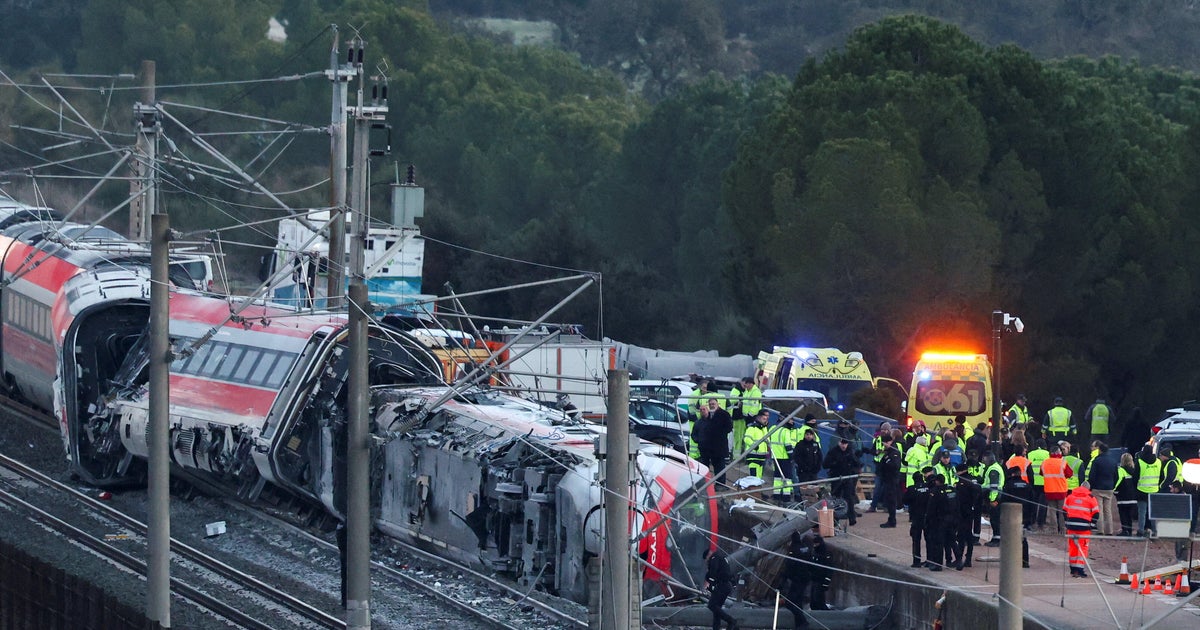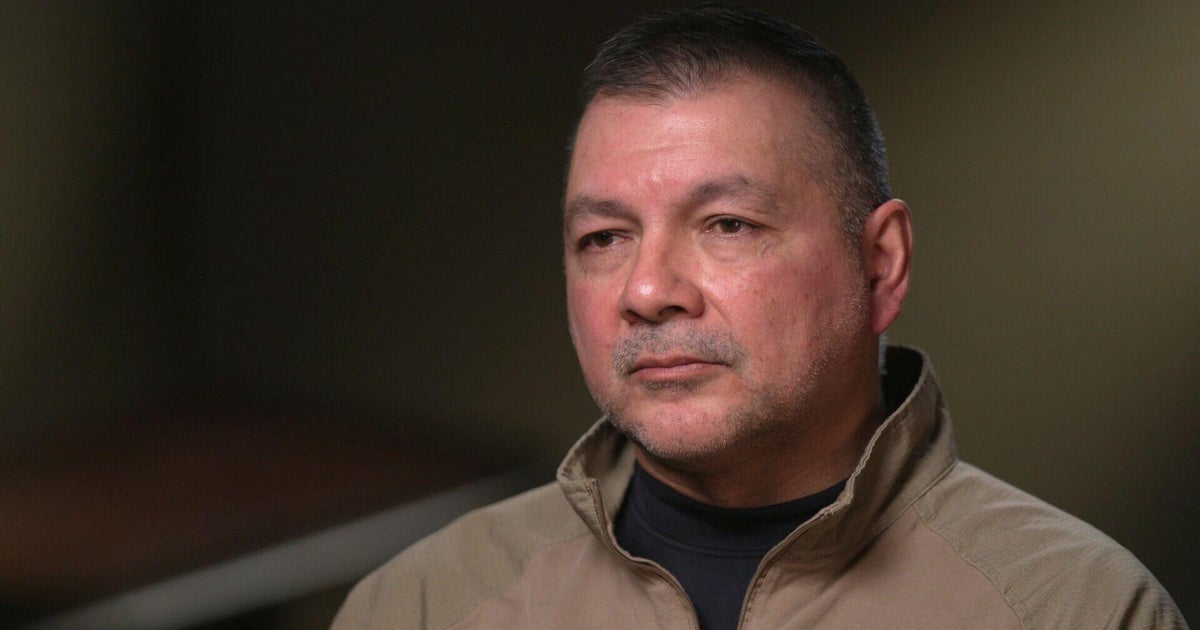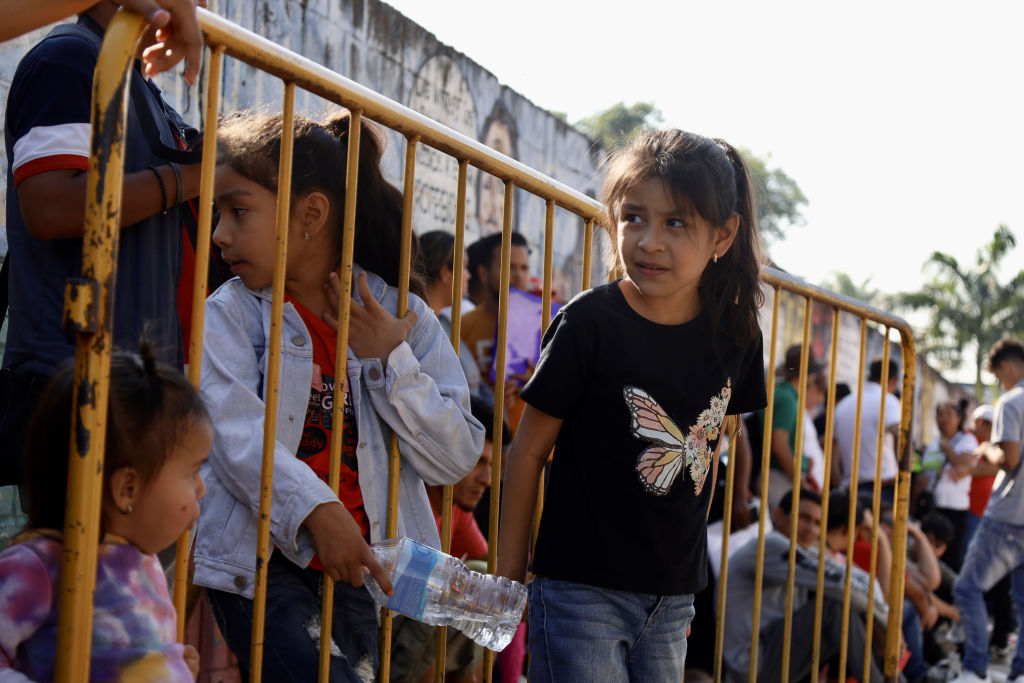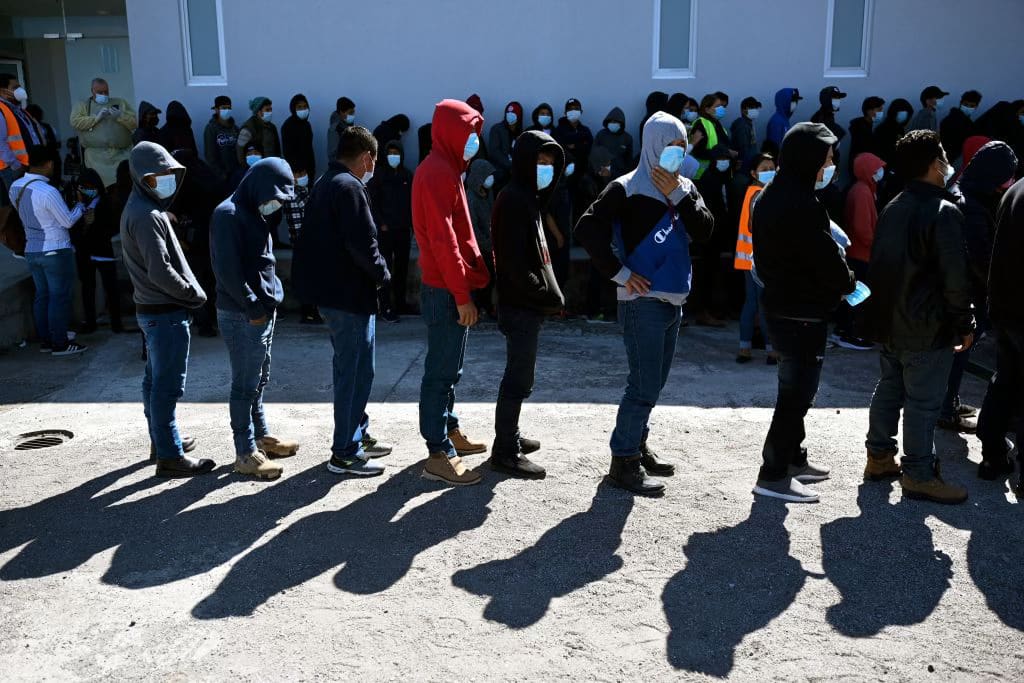"They're killing us": Migrants trapped on tiny island between Greece and Turkey beg for help
A Greek human rights organization has called on authorities to help dozens of migrants and asylum-seekers who it says have been stranded on a tiny river island on the border between Greece and Turkey. The Greek Council of Refugees told CBS News that contact with the group was lost on Wednesday after a young girl among the desperate people was reportedly killed by a scorpion this week.
The 5-year-old girl's 9-year-old sister was very sick after possibly also being stung, Vasileios Papadopoulos, president of the organization, told CBS News. He said the migrants, some of whom have been stuck there for more than 20 days, have not had access to food or clean water, leaving them to scavenge what they can from the forested island.
"I'm saying, help … it's difficult to survive," a 28-year-old refugee named Bayda said in an emotional audio recording sent to news and humanitarian groups this week.
"They are killing us in Syria, in Turkey, in this island, in Greece, in every place in the world," she said through sobs. "What's our fault? Because no one can hear us?"
The Associated Press reported Thursday that Greek police had said they were chasing reports about the migrants, but had not been able to locate them due to different coordinates being given for their location. The police told the AP that coordinates provided for the migrants were "outside Greek sovereignty," and that they had asked neighboring Turkey to provide urgent assistance to a group of about 40 people.
The Greek Council of Refugees said Friday that Greece's assertion raises questions about the status of the small river island, which is shown on online maps as belonging to Greece. They said it was positive, however, that "authorities at least finally acknowledge the existence of the group, which they had so far denied being able to find, despite knowing the location for days and despite their professed manned & unmanned search ops to locate them."
"What's going to happen?" Bayda said in the audio message. "Maybe we all die in the morning. This island is full of snakes, scorpions, and a lot of insects. … This is the hell in the earth. I swear, this is the hell in the earth, and no one can help us."
Thousands of people from across the Middle East, Africa and Asia, hoping for a better life in Europe, try to cross into Greece from Turkey every year. The tiny island in the river that forms the border between Greece and Turkey has been a frequent crossing point, but Greek authorities have been accused of violently pushing migrants back into Turkish territory in recent months. The Al Jazeera television network has reported that Turkish authorities have also forced people to cross into Greece.
So-called "pushbacks" — when people are forced back into the country they came from without being allowed to claim asylum — are illegal under international law. Both Greece and Turkey have denied previous allegations.
The refugees trapped on the islet in what Greeks call the Evros River have already been pushed back and forth between the two countries, Papadopoulos told CBS News. He said contact may have been lost with them because members of the group's phones died, or because they've been moved.
On Tuesday, his organization and another rights group, HumanRights360, released coordinates for a Google Maps location where they said the migrants and refugees were stuck. That location was on the islet, which the maps showed as being inside Greek territory, and the groups appealed to Greek authorities to provide assistance.
The European Court of Human Rights issued an order on Tuesday instructing Greek authorities not to move the migrants off Greek territory, and to provide them with humanitarian aid. A previous, similar order was issued at the end of July, Papadopoulos said.
"The last two months especially, since the beginning of June, Greek authorities do not comply with the European court orders," Papadopoulos said.
CBS News has sought comment from both Greek and Turkish authorities about the migrants, but had not received replies by the time of publication.
Papadopoulos said because the islet was in a restricted zone, humanitarian organizations could not travel there to provide assistance unilaterally.
"Save people. Save people," he said when asked what his message to both governments would be. "Save this 9-year-old girl."
Khaled Wassef contributed to this report.
